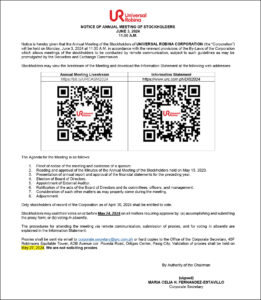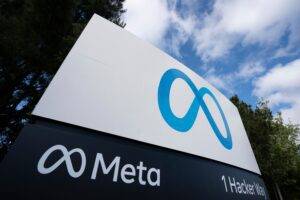<?xml encoding=”utf-8″ ?????????>
What is ‘quiet hiring?’ – Organizations that invest in reskilling and upskilling can fortify their workforces for the coming seismic changes wrought by technology, globalization, and markets.
Not long ago, Bosch announced a staggering plan to invest €2bn in retraining a portion of its 400,000 employees. As Europe’s largest car parts supplier, Bosch aimed to mitigate further job losses as the automotive industry transitions from traditional combustion engines to electric vehicles. The issue extends far beyond car-making.
McKinsey & Company forecasts that by 2030, one in 16 workers – totaling over 100 million across eight economies – may need to change occupations. This underscores the pressing need for reskilling and upskilling initiatives, driven primarily by rapid technological advancements automating jobs and generating demand for new skills.
Additionally, globalization and shifting market dynamics necessitate workers to adjust to new industries and roles. This interconnectedness has boosted trade, communication, and mobility across borders, often resulting in the outsourcing of jobs to countries with lower labor costs, displacing or rendering jobs in traditional sectors obsolete.
This process is also driven by shifts that occur within markets over time, due to changes in consumer preferences or regulatory overhauls. Tasks within industries tend to become more complex as new procedures, tools, and regulations emerge.
In the financial services industry, the proliferation of complex financial products like collateralized debt obligations (CDOs) and credit default swaps (CDS) has heightened the complexity of risk management. Assessing credit, market, and liquidity risk for these instruments poses unique challenges, demanding specialized knowledge and skills from risk managers. Continuous learning and skill development are essential for these professionals to remain relevant in their field, a necessity that extends beyond banking.
McKinsey predicts that by 2030, over 100 million workers across eight economies may need to change occupations due to technological advancements
GenAI: Understanding the evolution of skills in the modern workforce
Anticipation is rising for generative artificial intelligence (GenAI), a groundbreaking technology capable of mimicking human output in text, images, and code. Its potential to automate routine tasks and cut costs is attracting interest across various industries, though it may also lead to task displacement.
One study found that around 80% of the US workforce may have at least 10% of their work tasks affected by large language models (LLMs) such as ChatGPT. In sectors where language plays a prominent role, such as law, advertising, and finance, approximately 19% of workers could see at least 50% of their tasks impacted.
While GenAI is proficient at automating tasks that are routine and repetitive, it cannot emulate certain human qualities such as creativity, critical thinking, and emotional intelligence. Consequently, human skills that emphasize these unique attributes will become more valuable as GenAI becomes more prevalent across the economy.
Human-centric skills like problem-solving, adaptability, and innovation will always be in high demand. Problem-solving involves analyzing complex situations and finding effective solutions, a task GenAI may struggle with independently. Adaptability requires adjusting to new circumstances and learning from experiences, qualities difficult to program into GenAI systems. Innovation demands creative thinking and connecting diverse concepts, areas where GenAI may lack proficiency without human input.
Therefore, AI-human collaboration will be crucial, requiring people to acquire new skills such as AI literacy – knowledge about how AI systems work, their capabilities and limitations, as well as their potential impact on society.
What is more, new AI-specific roles are emerging, underscoring the need for organizations to recognize and value new skills like data labeling (annotating or tagging data to make it understandable and usable for machine learning algorithms) and prompt engineering (the process of designing and refining queries to effectively elicit desired responses from LLMs). Organizations will also need to provide opportunities for employees to develop these capabilities.




















